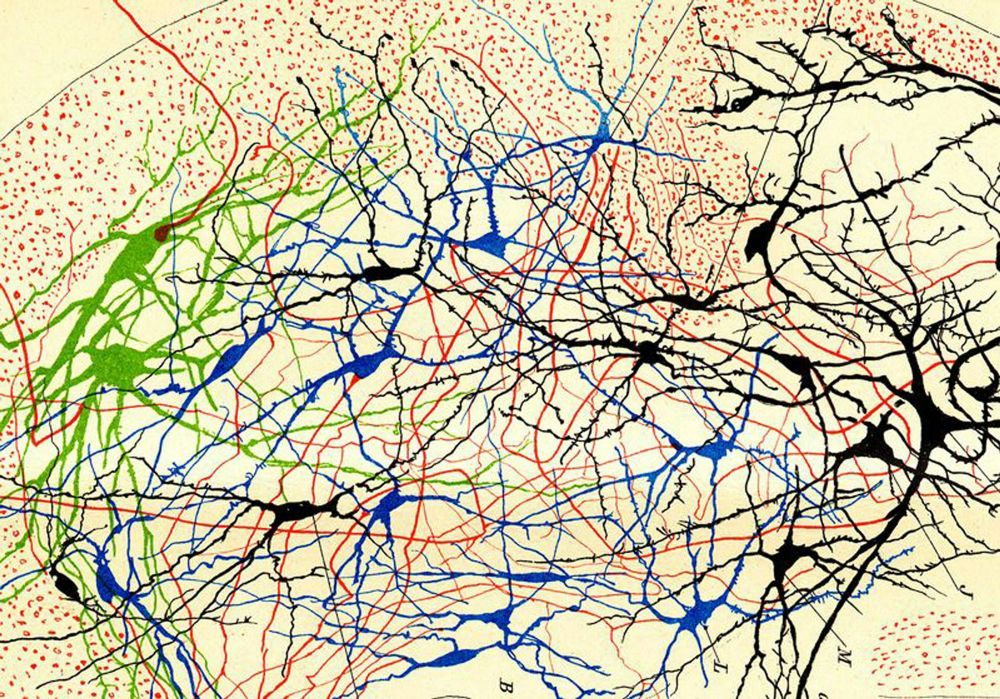
theoreticalneuroscience.no/thn34
Cortical neurons seem to receive about the same amount of excitation and inhibition. One of the founders of this key idea in 1990s explains.

theoreticalneuroscience.no/thn34
Cortical neurons seem to receive about the same amount of excitation and inhibition. One of the founders of this key idea in 1990s explains.
We may have an answer: integration of learned priors through feedback. New paper with @kenmiller.bsky.social! 🧵
We may have an answer: integration of learned priors through feedback. New paper with @kenmiller.bsky.social! 🧵
Two calls are open:
Open-rank search, Neurocomputation, deadline: 12.1.25
Senior search, Neurodevelopment, rolling review
🔗 wti.yale.edu/opportunities
#KnowTogether


Two calls are open:
Open-rank search, Neurocomputation, deadline: 12.1.25
Senior search, Neurodevelopment, rolling review
🔗 wti.yale.edu/opportunities
#KnowTogether
Our new @nature.com paper shows that neural activity switches from an 'evidence gathering' to a 'commitment' state at a precise moment we call nTc.
After nTc, new evidence is ignored, revealing a neural marker for the instant when the mind is made up.
rdcu.be/eGUrv

Our new @nature.com paper shows that neural activity switches from an 'evidence gathering' to a 'commitment' state at a precise moment we call nTc.
After nTc, new evidence is ignored, revealing a neural marker for the instant when the mind is made up.
rdcu.be/eGUrv
A new study, supported by our #OpenScope team, identified the key neural circuit and cell type involved with inferring details that don't exist in illusions like the one below.
🔗 alleninstitute.org/news/scienti...
#OpenScienceWeek

A new study, supported by our #OpenScope team, identified the key neural circuit and cell type involved with inferring details that don't exist in illusions like the one below.
🔗 alleninstitute.org/news/scienti...
#OpenScienceWeek
www.biorxiv.org/content/10.1...

www.biorxiv.org/content/10.1...
Come join me at ND! Feel free to reach out with any questions.
And please share!
apply.interfolio.com/173031
Come join me at ND! Feel free to reach out with any questions.
And please share!
apply.interfolio.com/173031
Apply to lead a lab at Janelia & advance biology using theory, computational modeling & machine learning.
🔹5-year renewable appointment
🔹Pioneer new tools & approaches
🔹Collaborate across disciplines
Apply by Nov. 4👉 https://janelia.link/groupleader

Apply to lead a lab at Janelia & advance biology using theory, computational modeling & machine learning.
🔹5-year renewable appointment
🔹Pioneer new tools & approaches
🔹Collaborate across disciplines
Apply by Nov. 4👉 https://janelia.link/groupleader
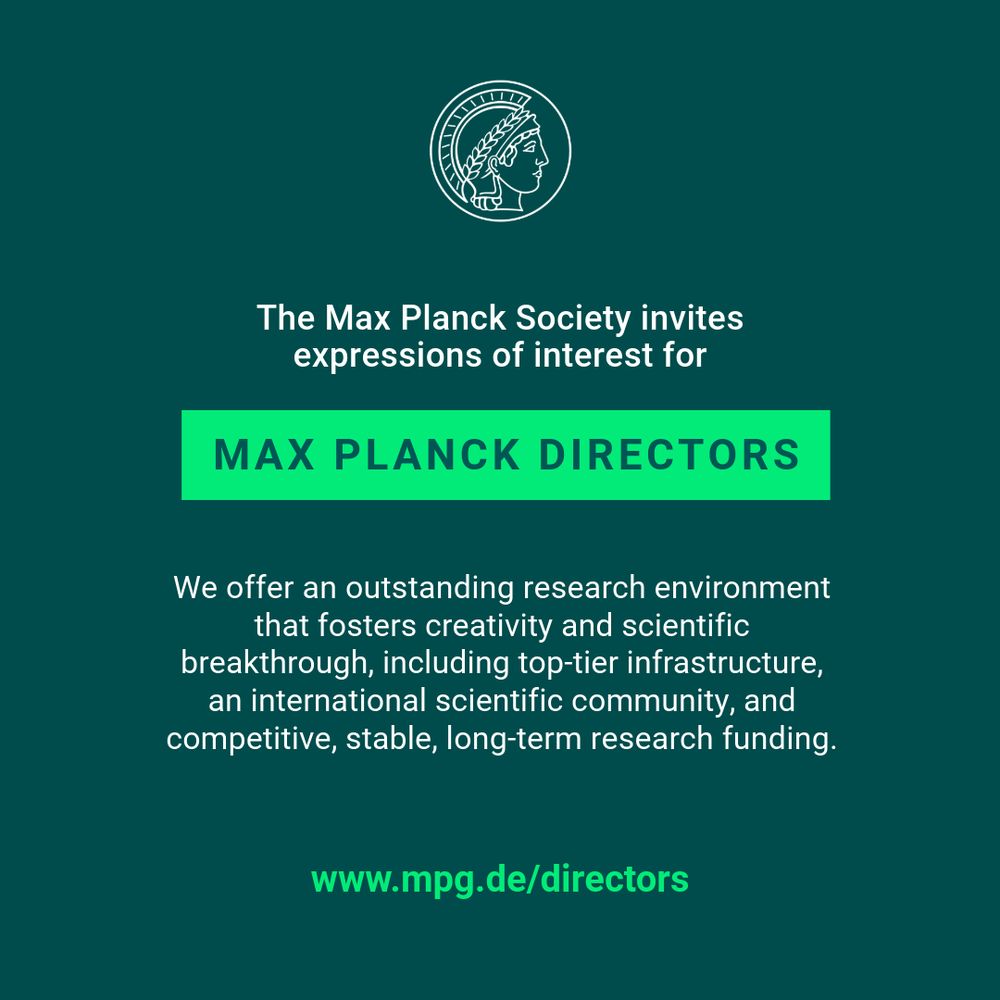
www.biorxiv.org/content/10.1...
Detailed 🧵 below 👇 1/12
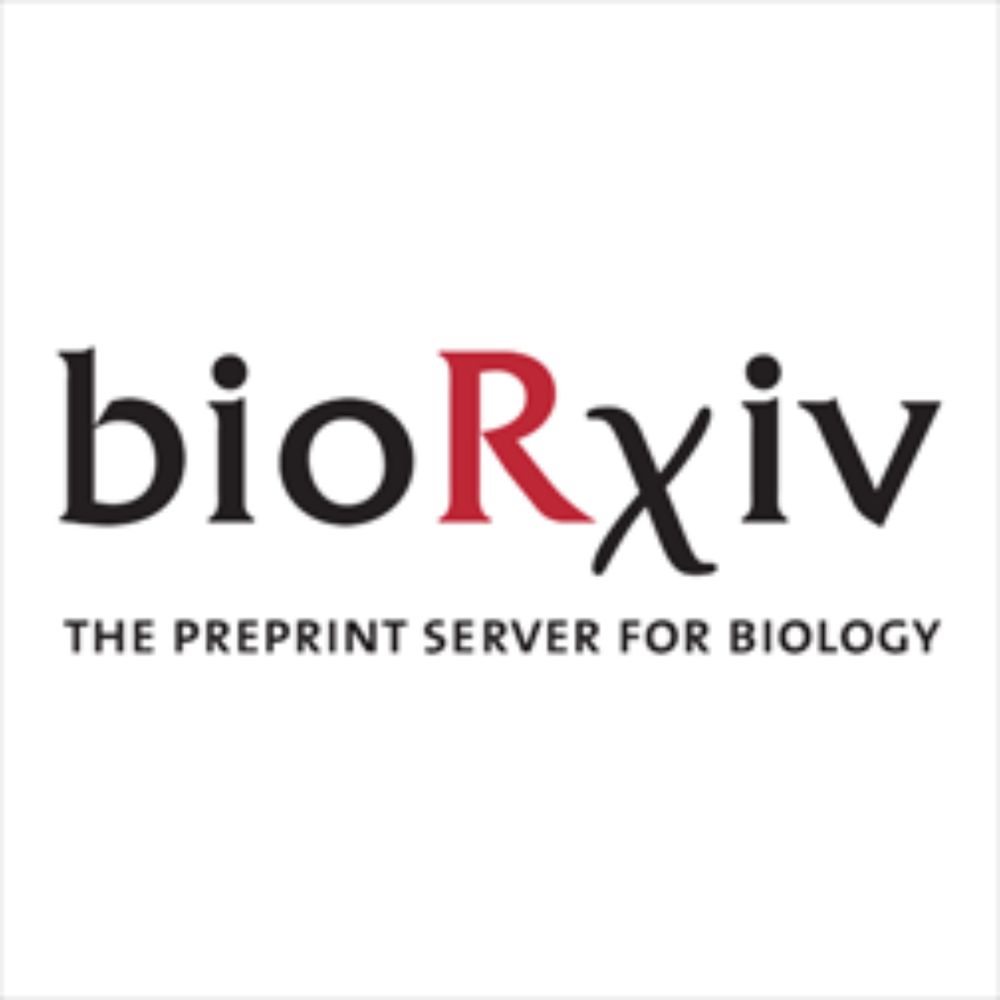
www.biorxiv.org/content/10.1...
Detailed 🧵 below 👇 1/12
We explored how behavior, senses, and neurons influence how much information in the brain changes over time.
www.nature.com/articles/s41...
#science #research #neuroscience #hippocampus #placecells
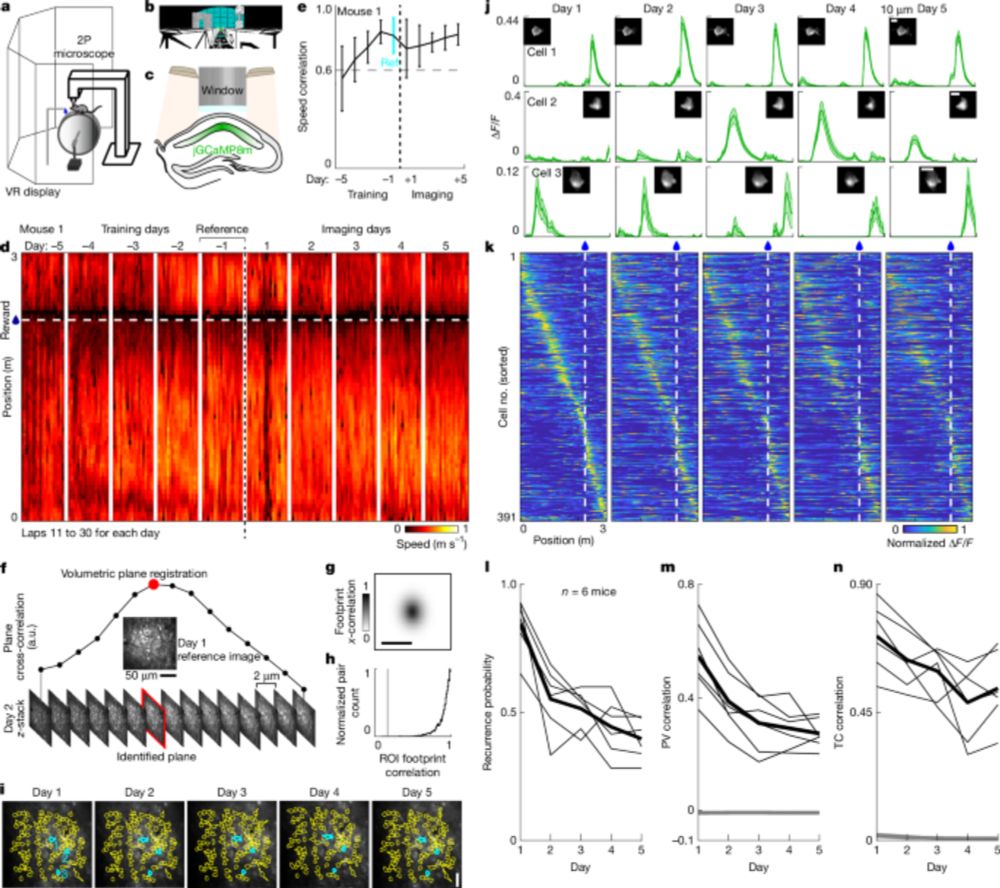
We explored how behavior, senses, and neurons influence how much information in the brain changes over time.
www.nature.com/articles/s41...
#science #research #neuroscience #hippocampus #placecells
www.fens.org/careers/job-...
@neuromagendie.bsky.social
@neurobordeaux.bsky.social
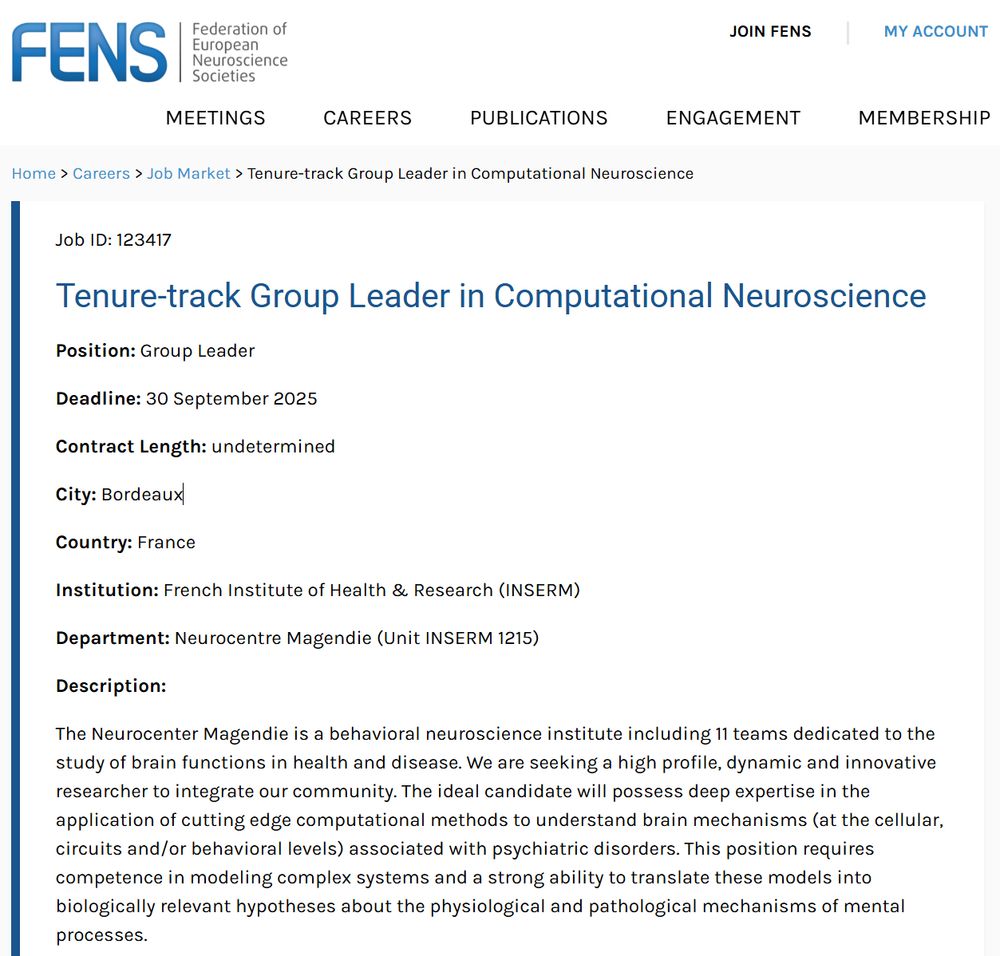
www.fens.org/careers/job-...
@neuromagendie.bsky.social
@neurobordeaux.bsky.social
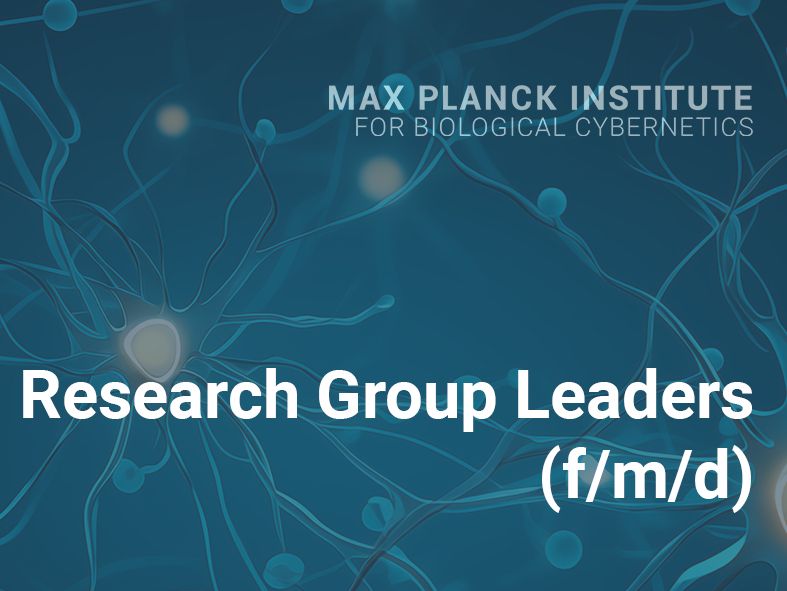
🗓️ Deadline: July 15
All info and submission 👉 bernstein-network.de/bernstein-co...

🗓️ Deadline: July 15
All info and submission 👉 bernstein-network.de/bernstein-co...
⚠️ Application deadline: end of September 2025
@neurobordeaux.bsky.social @neuromagendie.bsky.social

⚠️ Application deadline: end of September 2025
@neurobordeaux.bsky.social @neuromagendie.bsky.social
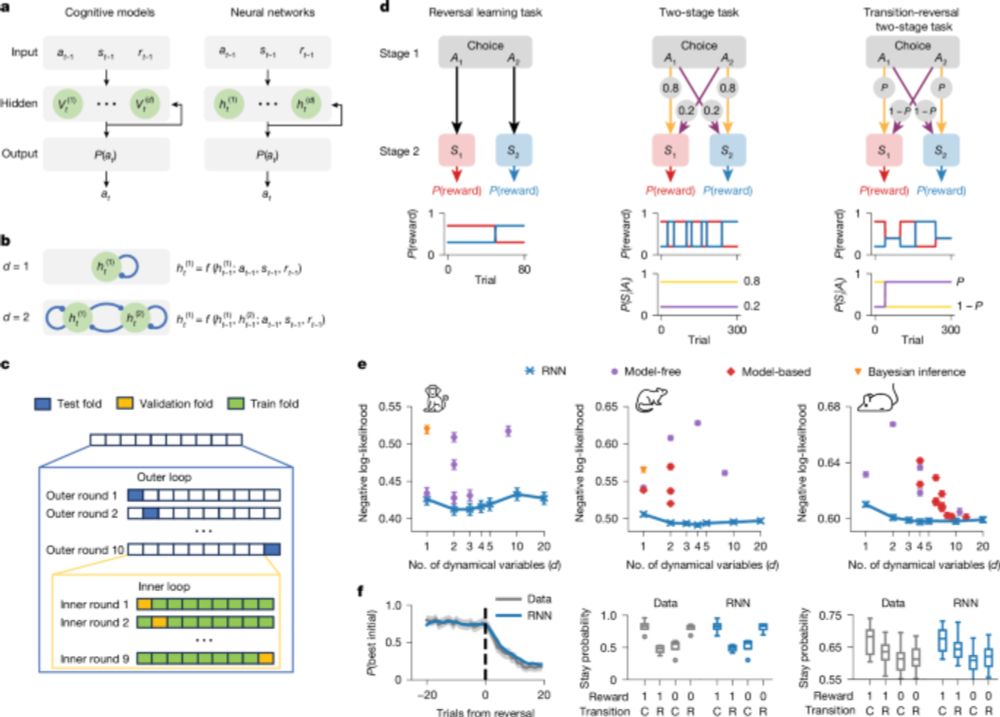
www.nature.com/articles/s41...
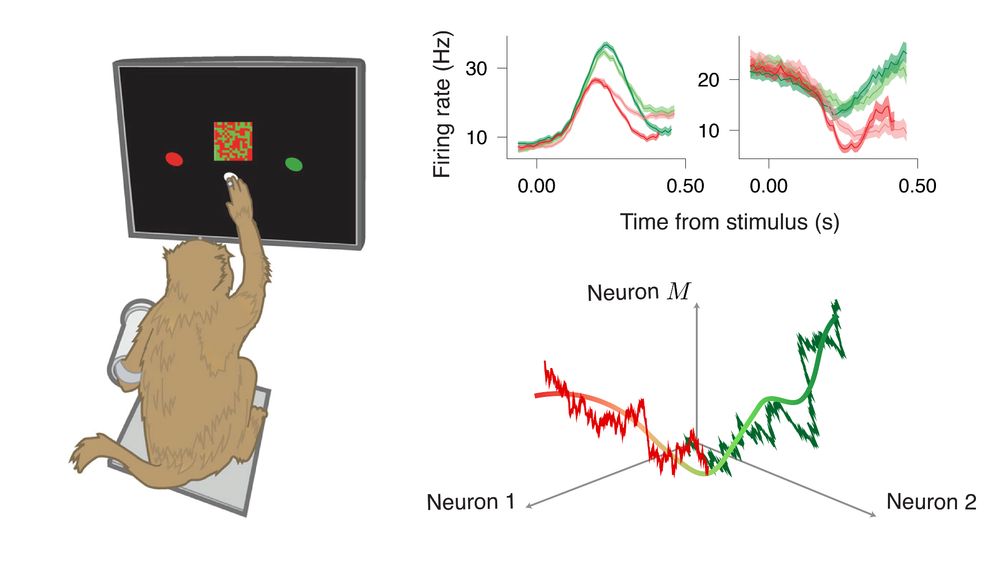
www.nature.com/articles/s41...
www.pnas.org/doi/10.1073/...
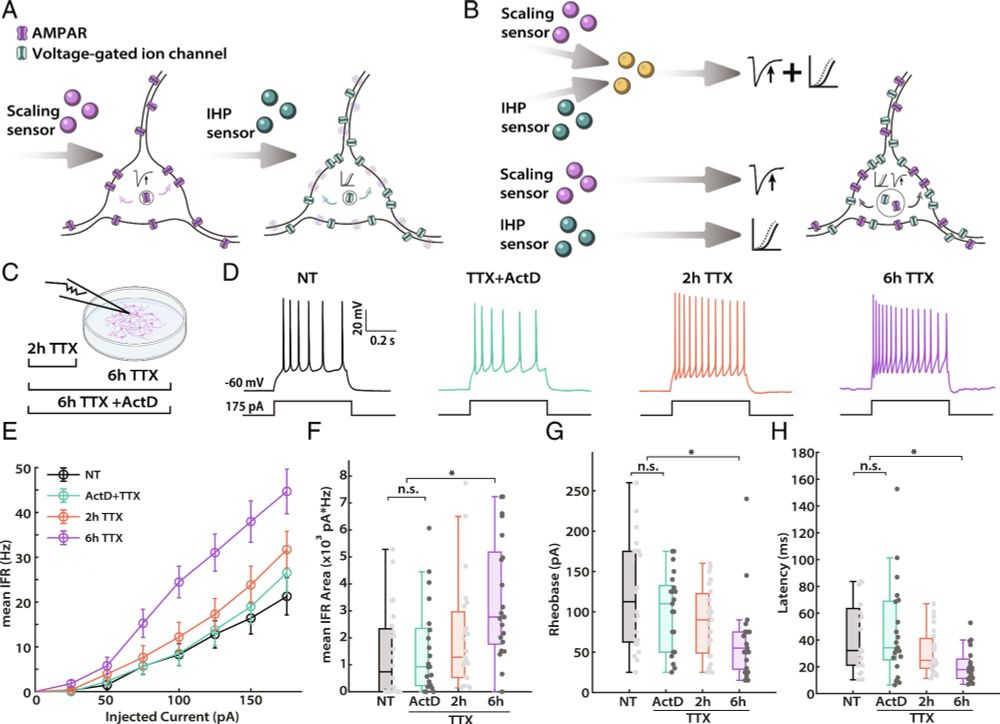
www.pnas.org/doi/10.1073/...

rdcu.be/el18q
A short thread follows for those interested.
1/n
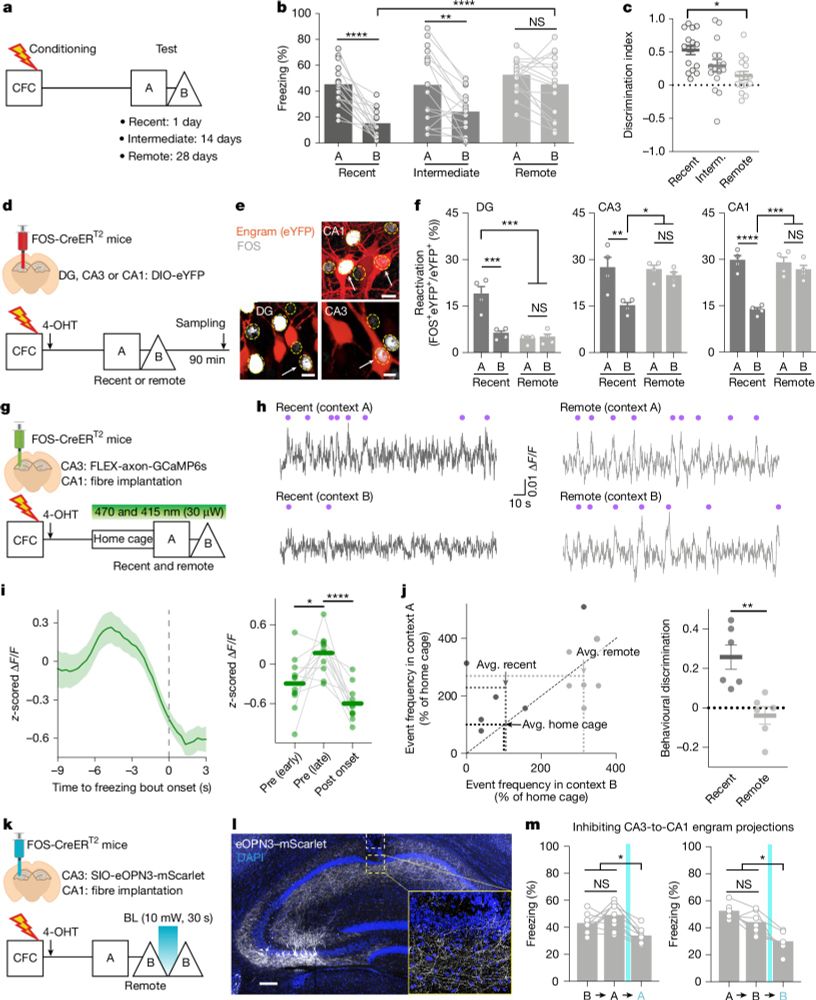
rdcu.be/el18q
A short thread follows for those interested.
1/n
I can't find it in the Living Science collection, does anyone know which one I mean?
I can't find it in the Living Science collection, does anyone know which one I mean?

